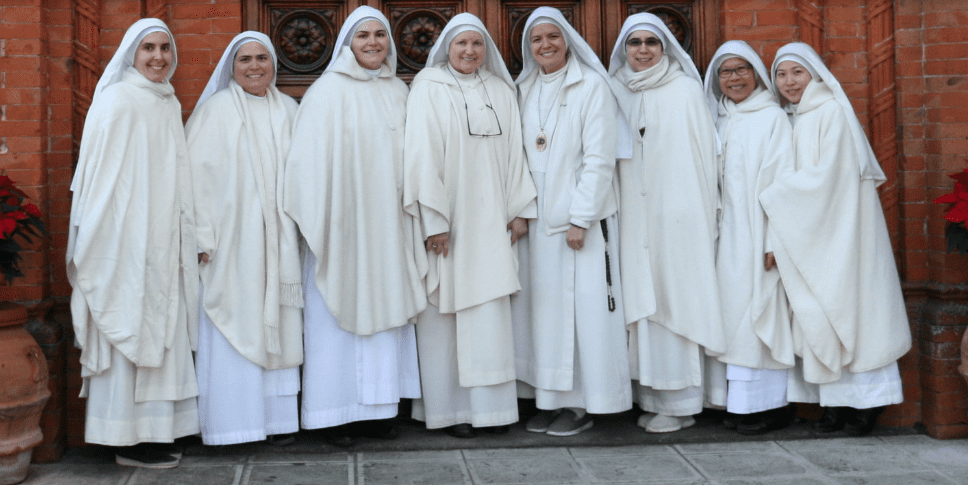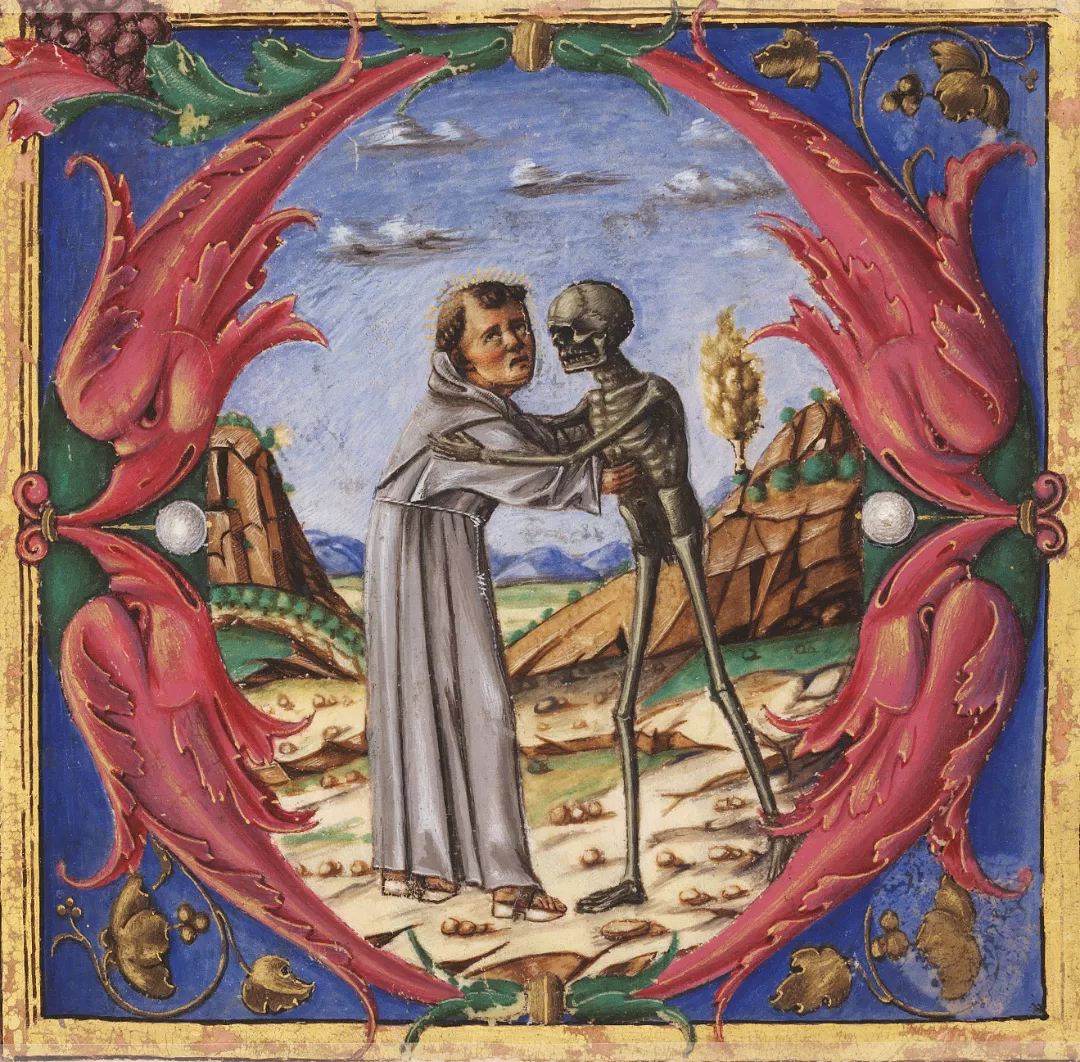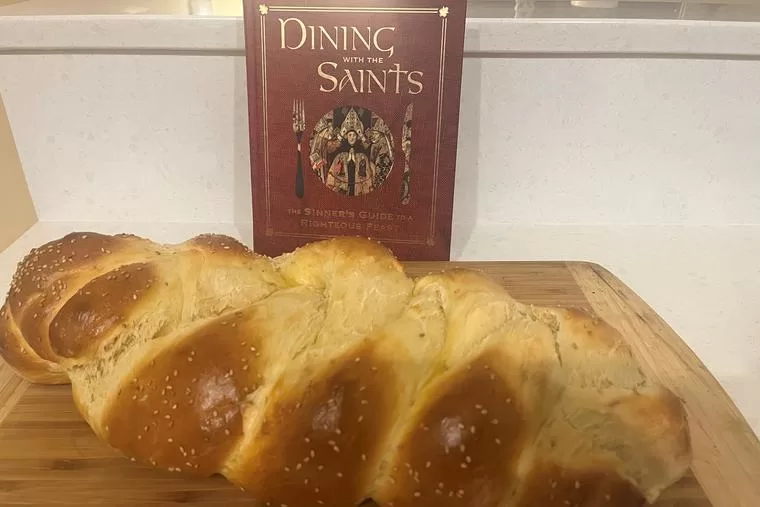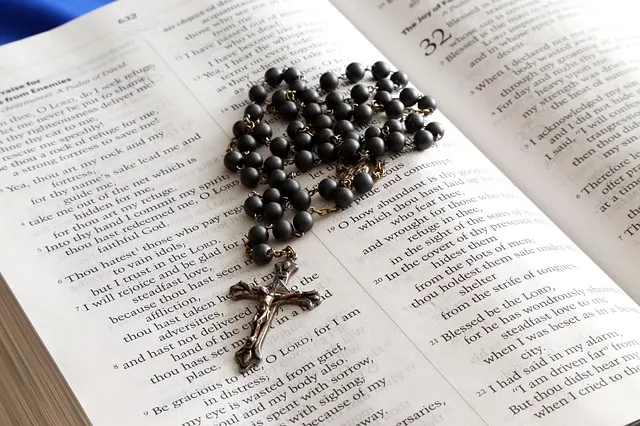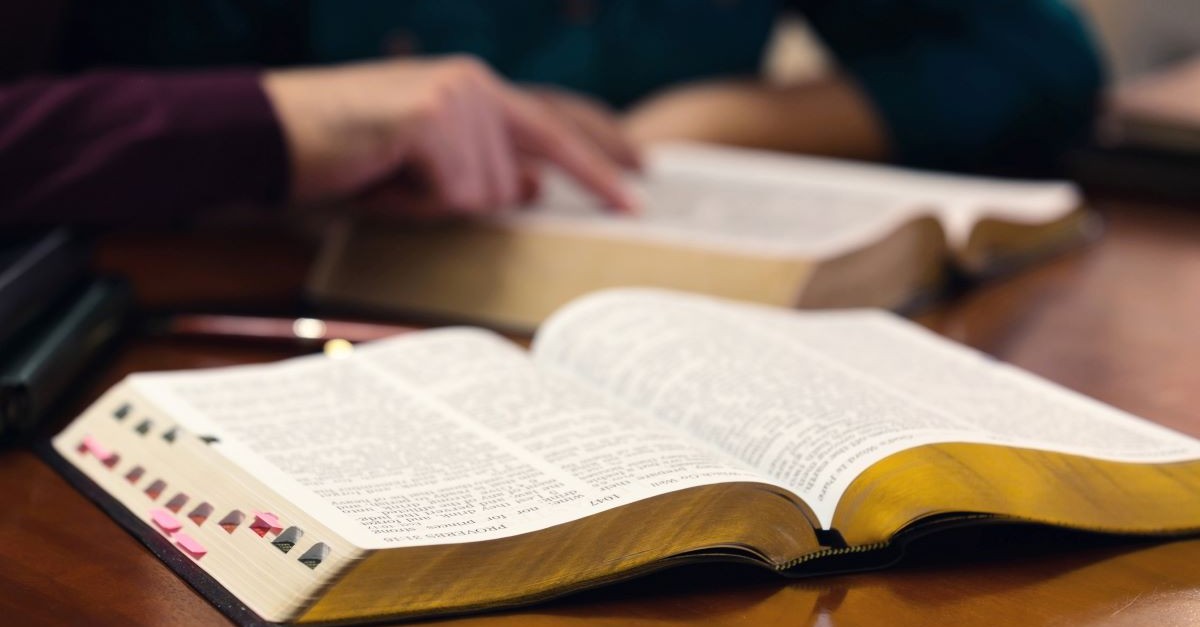
Month: March 2024
-

3PM HOUR OF MERCY PRAYER
Read More: 3PM HOUR OF MERCY PRAYER3PM HOUR OF MERCY PRAYER V: You expired Jesus, but the source of life gushed forth for souls, and the ocean of mercy opened up for the whole world. All: O Fountain of Life, unfathomable Divine Mercy, envelop the whole world and empty Yourself out upon us. V: O Blood and Water which gushed…
-
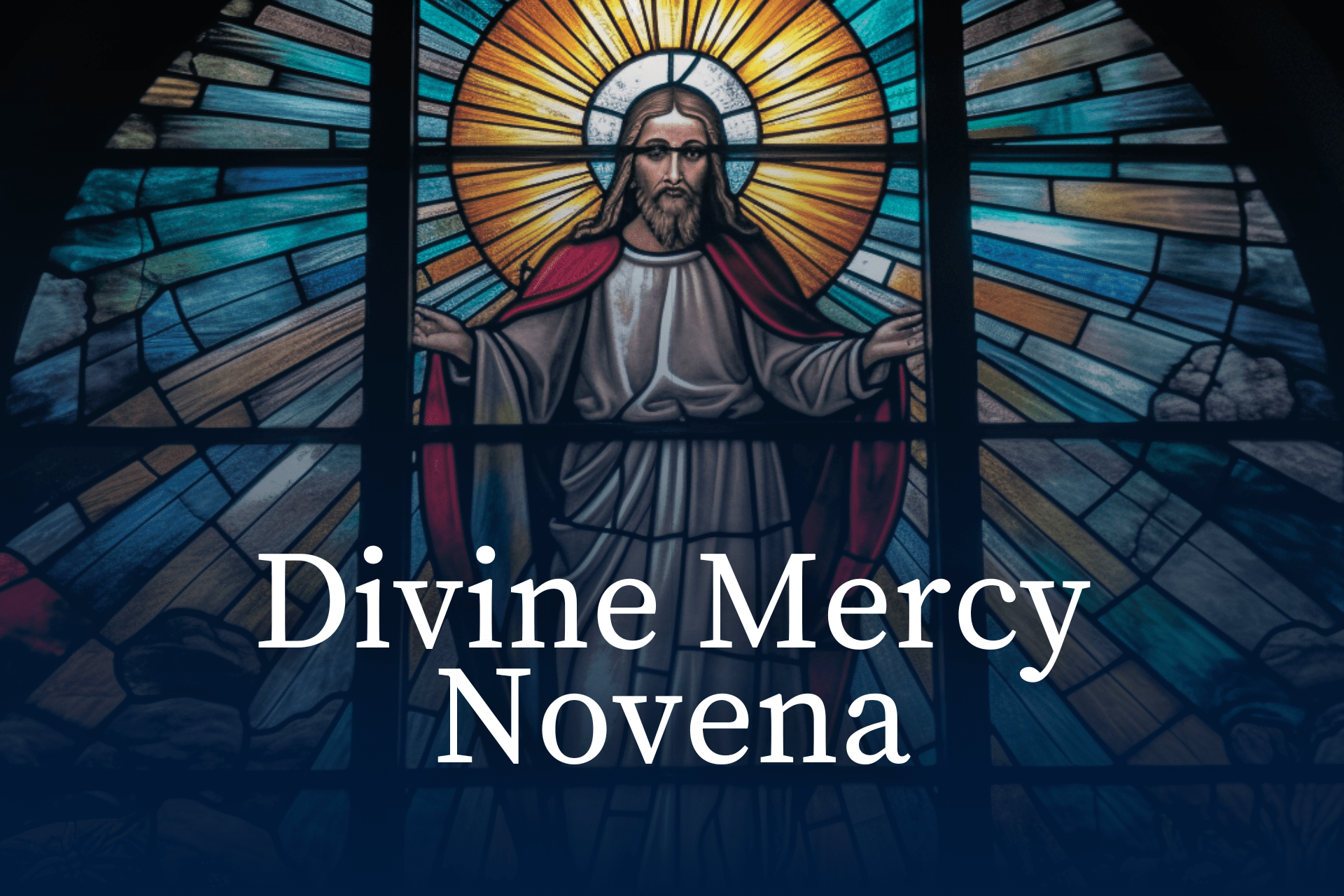
PRAY DIVINE MERCY NOVENA |BEGINS TODAY ON GOOD FRIDAY!
Read More: PRAY DIVINE MERCY NOVENA |BEGINS TODAY ON GOOD FRIDAY!https://www.youtube.com/watch?v=p5TGfisOKMM Jesus asked that the Feast of the Divine Mercy be preceded by a Novena to the Divine Mercy which would begin on Good Friday. He gave St. Faustina an intention to pray for on each day of the Novena, saving for the last day the most difficult intention of all, the lukewarm and indifferent of…
-

LIVE 10 HOUR HOLY THURSDAY PREMIERE!
Read More: LIVE 10 HOUR HOLY THURSDAY PREMIERE!We are excited to be sharing the full video version of The 24 Hours of the Passion by Servant of God Luisa Piccarreta. This will be aired on Holy Thursday beginning at 8am EST to 6pm EST. Please join us in this powerful Holy Week meditation of the sorrowful Passion of Our Lord, as it…
-

Couldn’t do anything this Lent? Try these last-minute Lent ideas
Read More: Couldn’t do anything this Lent? Try these last-minute Lent ideas -
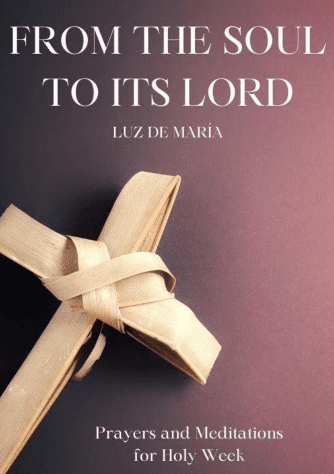
Luz de Maria Releases Free Prayerbook for Holy Week | Download here
Read More: Luz de Maria Releases Free Prayerbook for Holy Week | Download hereBrothers and sisters, I have asked the Holy Spirit that, by His Mercy—although I amunworthy of such great attributes— that He and Our Blessed Mother may guide me at all times to be able to offer our beloved Lord thesedays of prayer and meditation, in union with His Most Holy Heart, contemplating His Sorrowful Passion and…
Search
Popular Posts
-
The Bible is a Catholic Book!
Download below for Free Powered By EmbedPress
-
Which Bible Should We Read?
Please Download Below! Powered By EmbedPress
Categories
Archives
Tags
#Miracles (106) 2023 (4) 2024 (4) approved miracles (2) catholic (148) catholic blog (395) catholic meditations (7) catholic miracles (391) catholic motivation (2) catholic news (385) catholic prayers (4) CatholicSeers (373) catholic vlog (394) catholic websites (6) Eucharistic miracle (2) fr jim blount (3) GisellaCardia (11) hamas (3) imitation of christ (2) Israel (4) israel live (5) Israel news (9) jesus (3) jesus christ (4) Latest messages (11) lent 2023 (10) lent 2024 (4) lent homily (2) lent retreat (4) lent retreat 2023 (3) Lourdes (2) messages from god (6) MessagesFromHeaven (381) miracles of catholic church (2) mother and refuge (2) ourlady (329) OurLadyApparitions (22) our lady of lourdes (2) Pope (2) POPE francis (3) pope francis news (2) prayers (3) real miracles (367) sacred heart of jesus (2) The Miracles of Lourdes (2)


